PROJECT
It hasn’t acquired the status of an object, nor does it carry cultural, emotional or social value. However, it occupies a central place in our living room. What’s more, it constitutes a vital link between our real bodies and the digital world, which now includes television.
As part of its effort to renew our relationship to the digital world, and under the title of “Lazy Bytes,” the EPFL+ECAL Lab collaborated with the Kudelski Group to invite four major design schools to rethink the remote control:
the Royal College of Art in London,
ENSCI-Les Ateliers de Paris,
Parsons The New School for Design in New York,
and the ECAL/University of Art and Design Lausanne.
To concentrate on the value of the object in relation to the user, the projects were given the freedom to limit the number of functions. The results fit well alongside more complex interfaces for controlling our domestic environment.
They aim to challenge and renew our daily relationship with the digital world.
OUT OF SCREEN
Several projects free themselves from the current constraints of television. They offer critical views and propositions about how we access the mass of available information, the organization and function of time, the relationship between digital content and traditional tools like paper, and they propose new ways to handle almost infinite content.
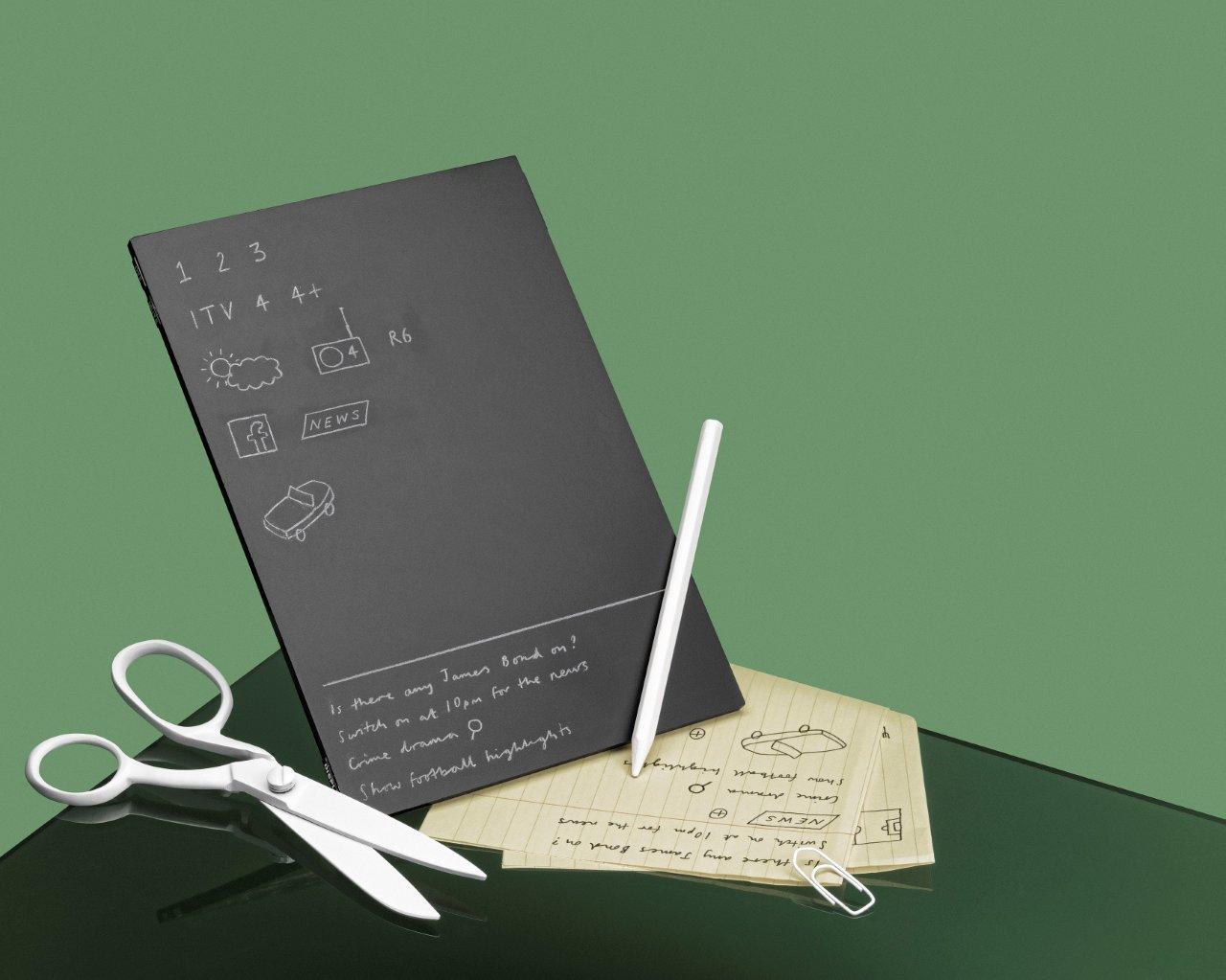
PEN & PAPER Simon Kinneir, RCA

ZAP Marie Schneker, ECAL

BOULIER Lucien Gumy, ECAL
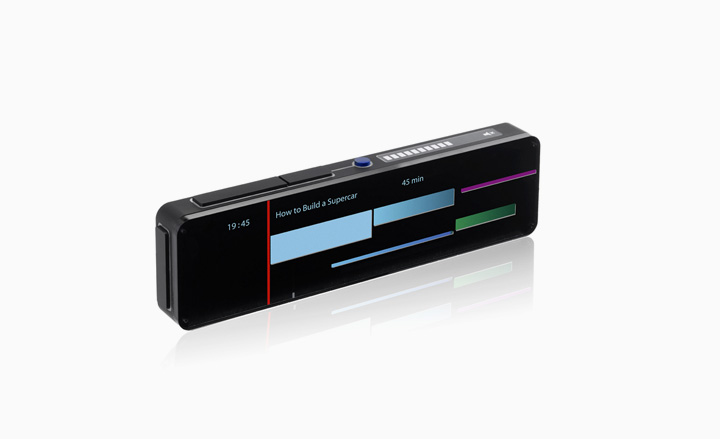
GUIDE TV Neil Merry, RCA

ROLLING CONTROL Mathieu Rohrer, ECAL
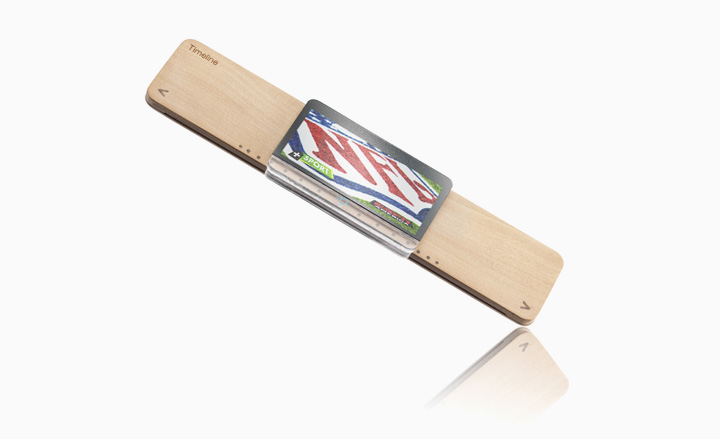
TIMELINE Maria Graves, ENSCI
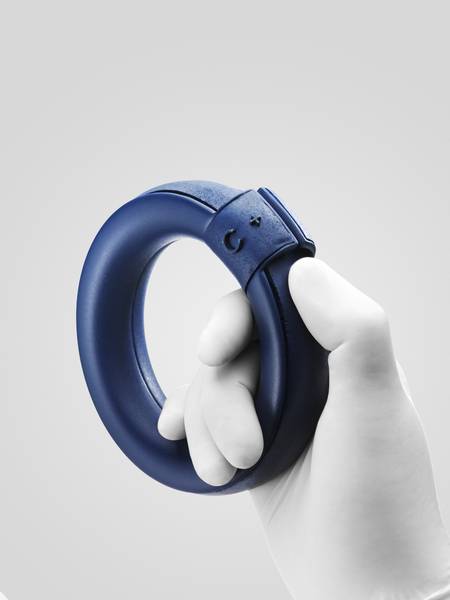
IRMA Zoé Aegerter, ENSCI
A PERSONAL TWIST
Is it necessary to be able to access all content? The concept of a personalized remote control can considerably reduce the amount of information to manage and thereby simplifies interactions. Personalization can lead to radical and unexpected propositions. It also raises the question of the relationship between users.
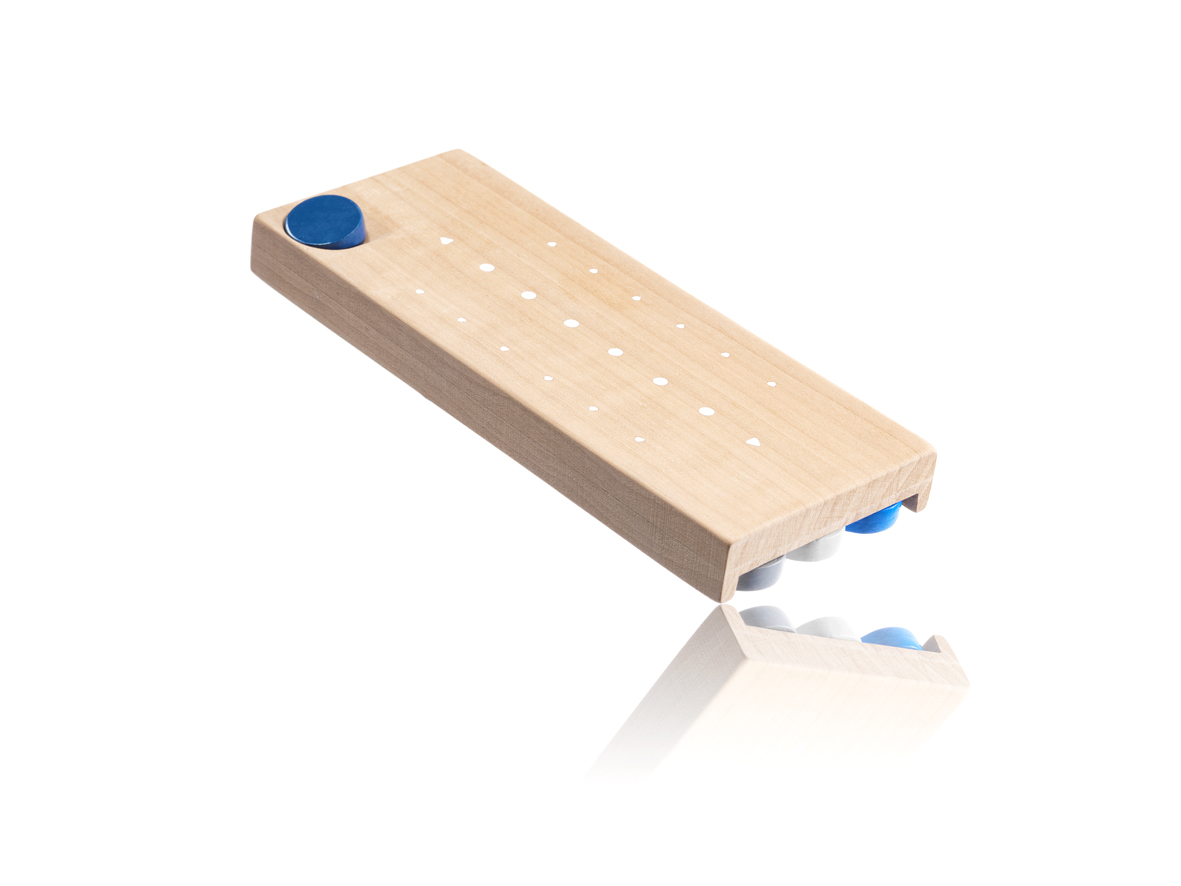
WOODEN REMOTER Melissa Meylan, ECAL
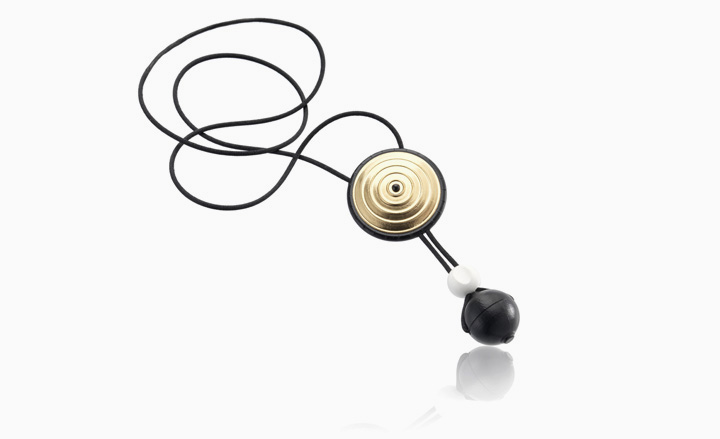
ETNIC Mathieu Girel, ECAL
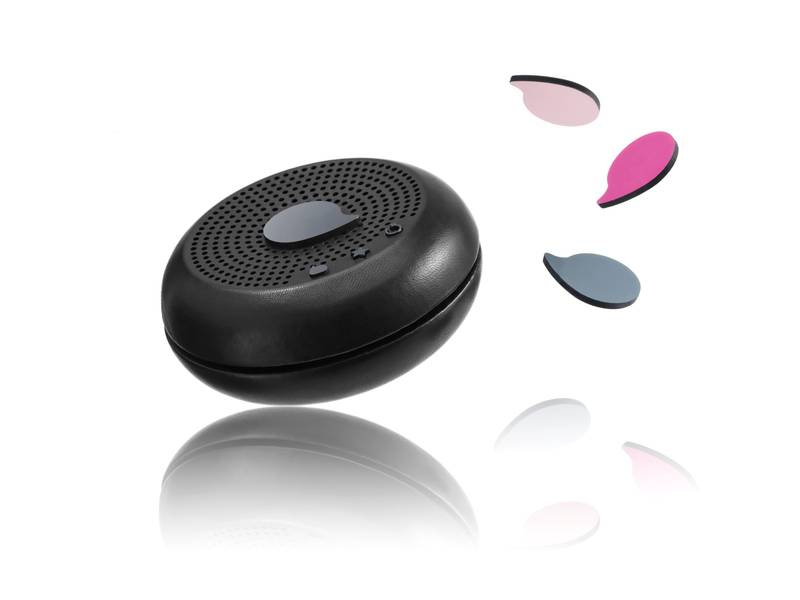
A PORTÉE D’ONDE Emile Kirsch, ENSCI
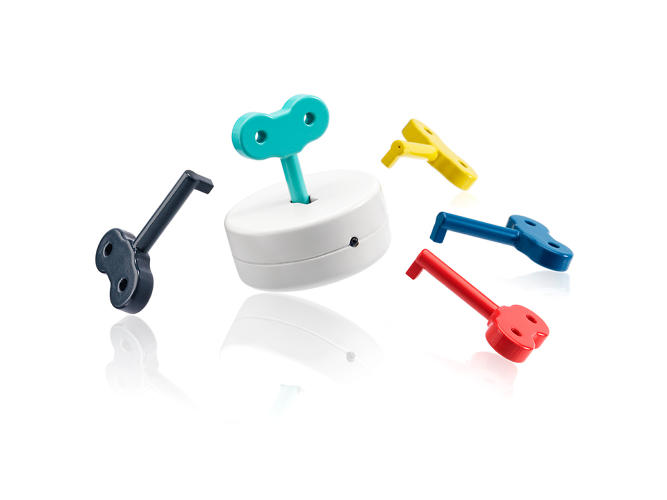
KLEE Isaure Bouyssonie, ECAL
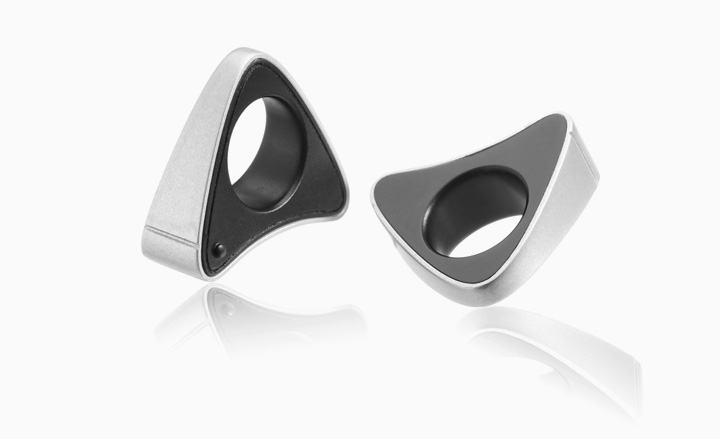
RING Ludovic Owczarz, ECAL
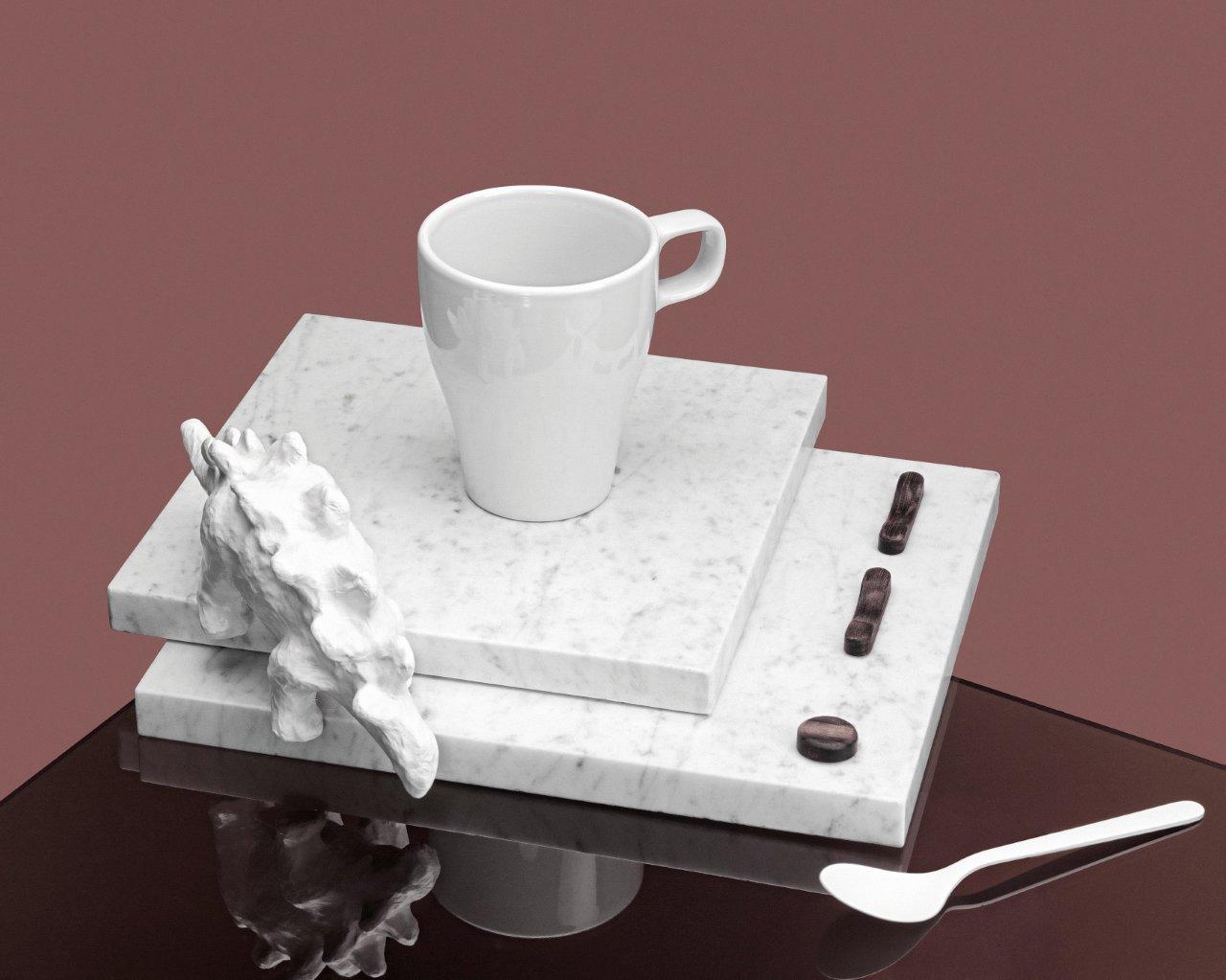
TWISTYMODE Hilal Koyuncu, Leif Percifield
Francisco Zamorano, Parsons
TOMORROW’S LIVING ROOM
Even if the projects differ in their approaches to radically renewing our relationship to the television, some of them could rapidly assume a central position in our living room, and they all propose easily adaptable concepts. Kudelski Group experts have contributed widely to this selection that accounts for constraints within both the complex environment of digital television and the current market.
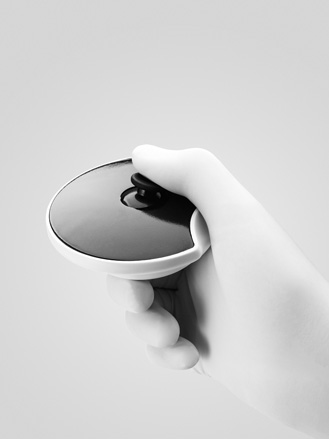
CIRCULE Arthur Siau, ENSCI

KEIKO Marisela Riveros, Noa Dolberg
Frederico Andrade, Parsons
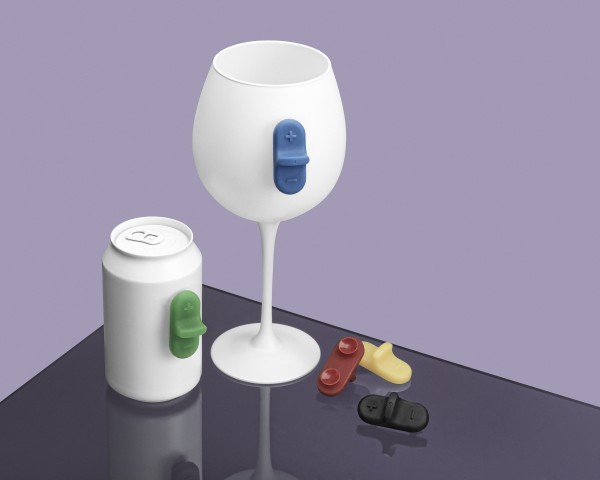
FREEHAND Cléo Jacquet, ECAL
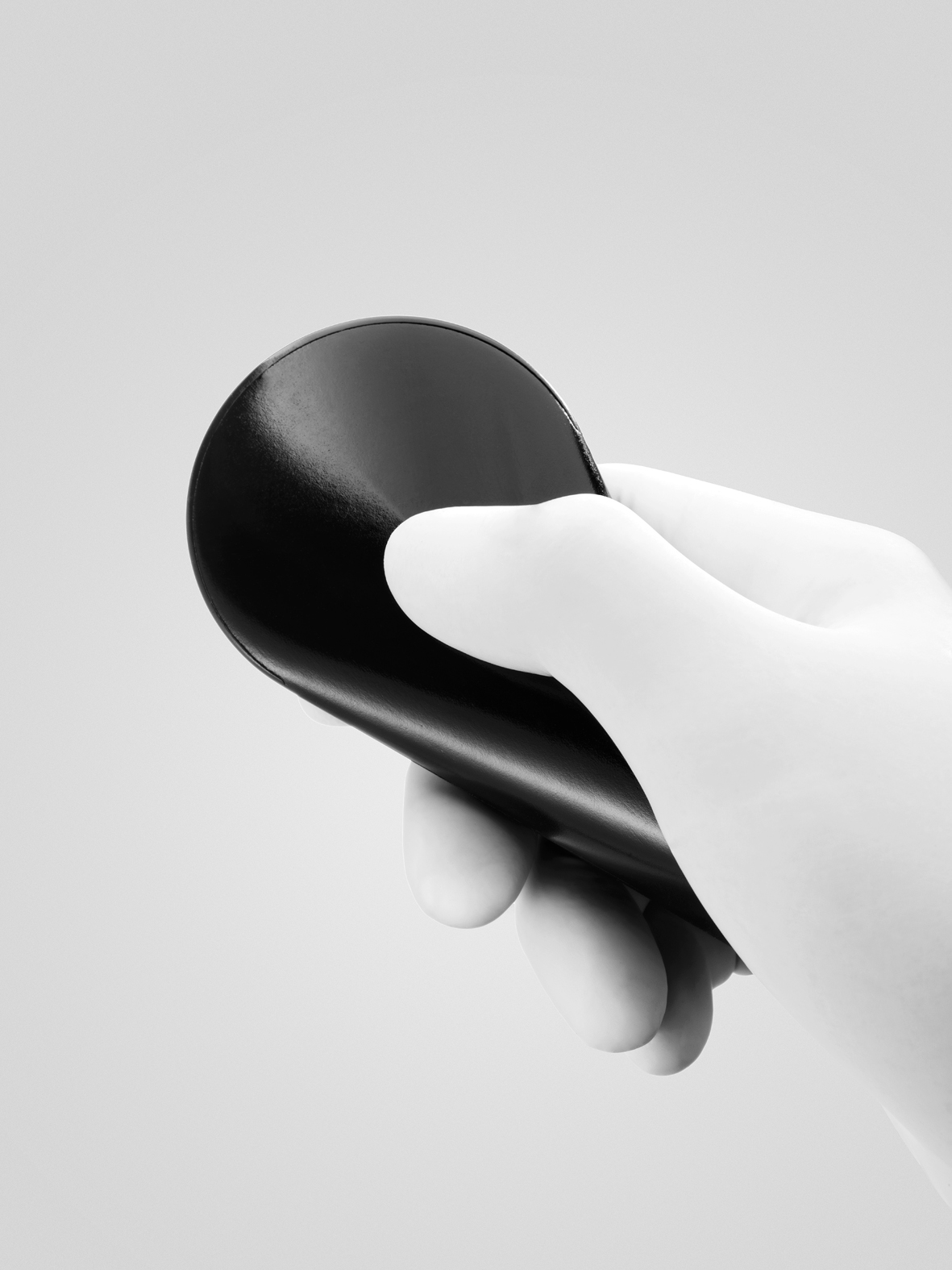
MUSSEL Sylvain Joly, ECAL
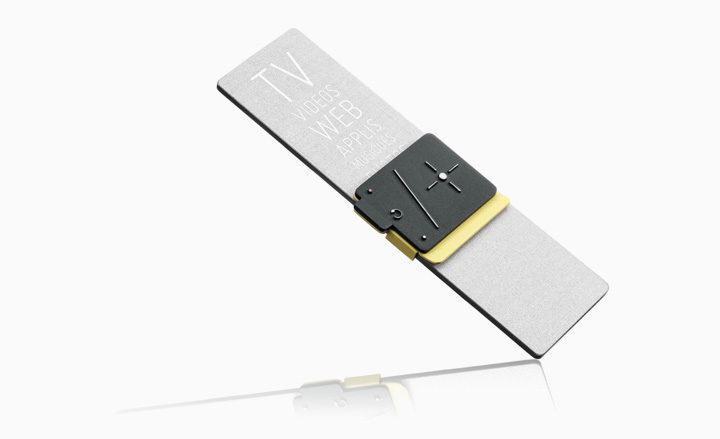
PLATFORM Florent Julien, ECAL
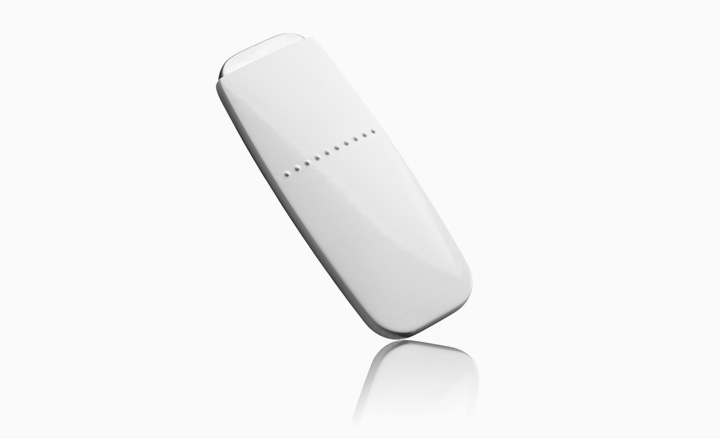
TOUCH SPEEK WALK David Bellisario, RCA
CREDITS
Design Partners
Four top Design Schools have been invited by EPFL+ECAL Lab for this exploration.
They are listed here with the Faculties involved.
ENSCI – Les Ateliers
Laurent Massaloux, Romain Cuvellier, Jacques François Marchandise
ECAL/University of Art and Design Lausanne
Rémy Jacquet, Laetitia Florin
Royal College of Art
Martin Postler, Ian Ferguson, Tord Boontje
Parsons The New School for Design Faculties
Zach Lieberman, Amit Pitaru, David Carroll
Industrial partner
Kudelski Group
Support
Leenards Foundation
Loterie Romande
EXHIBITIONS
Lazy Bytes in Paris – 2014
At Le Lieu du Design, Paris Ile-de-France – 74 rue du Faubourg Saint-Antoine 75012 Paris
Lazy Bytes in San Francisco – 2013
At swissnex San Francisco, 730 Montgomery Street, San Francisco, CA 94111
Lazy Bytes in New York – 2013
At Arnold and Sheila Aronson Galleries, Parsons The New School for Design, 66 Fifth Avenue at 13th Street, New York NY 10011
Lazy Bytes at the London Design Festival 2013
September 14 to 23, 2013 Dyson Gallery, RCA Battersea, 1 Hester Road, London, SW11 4AN


